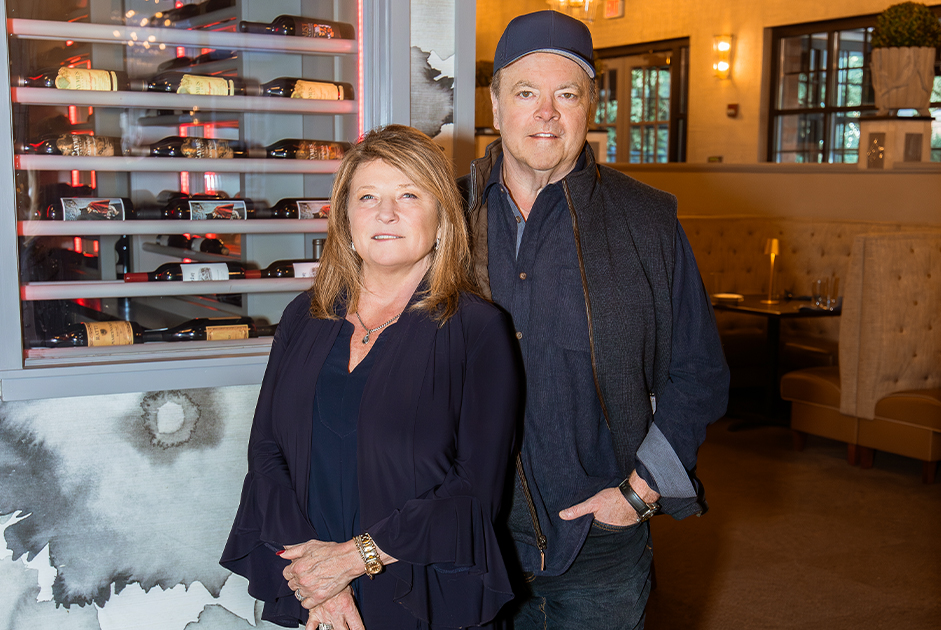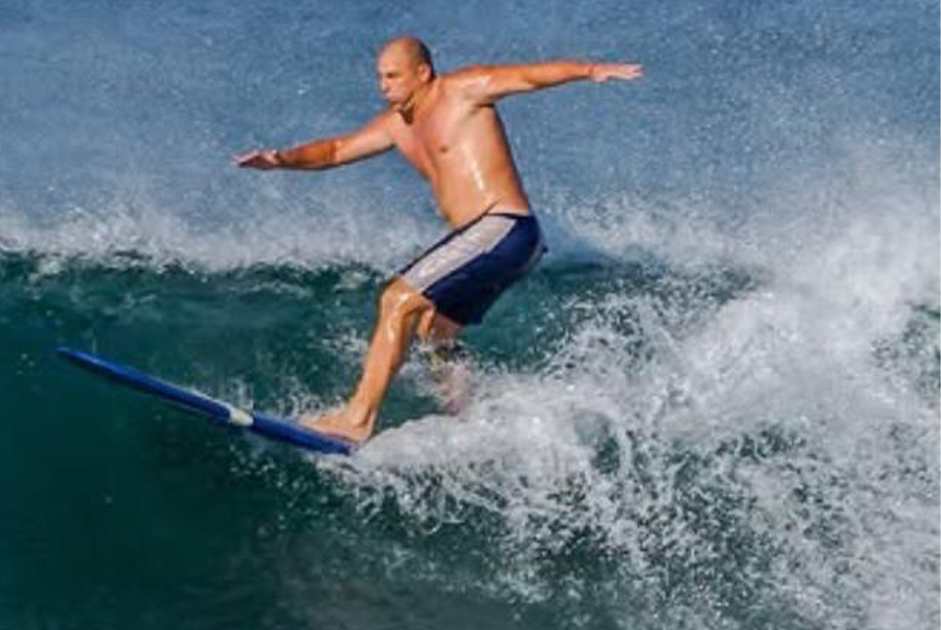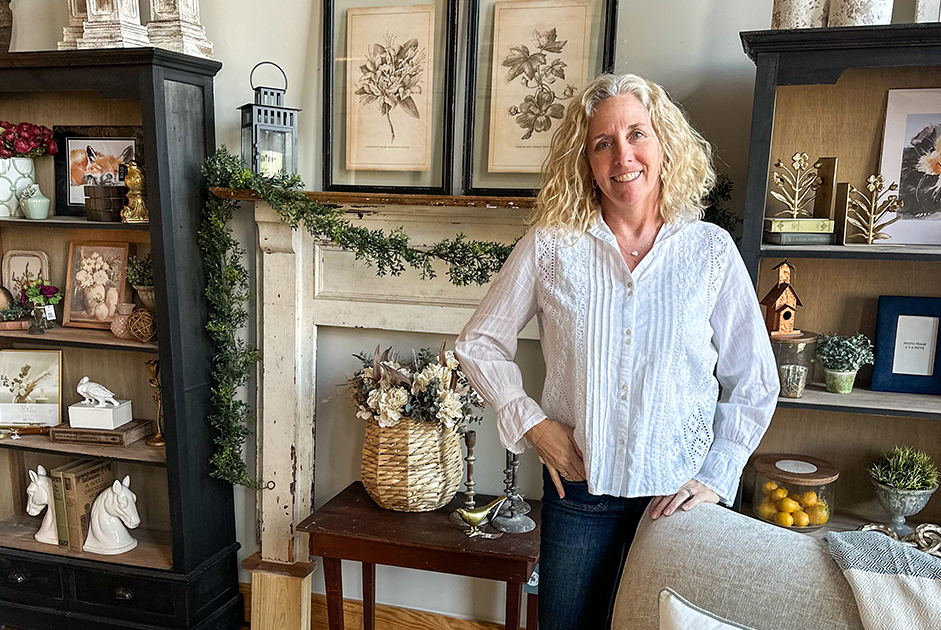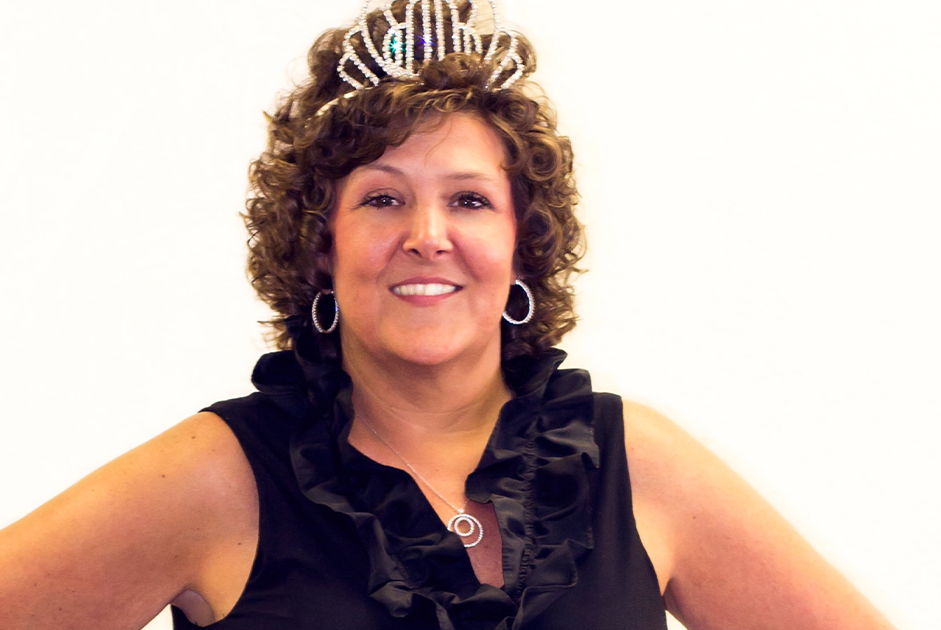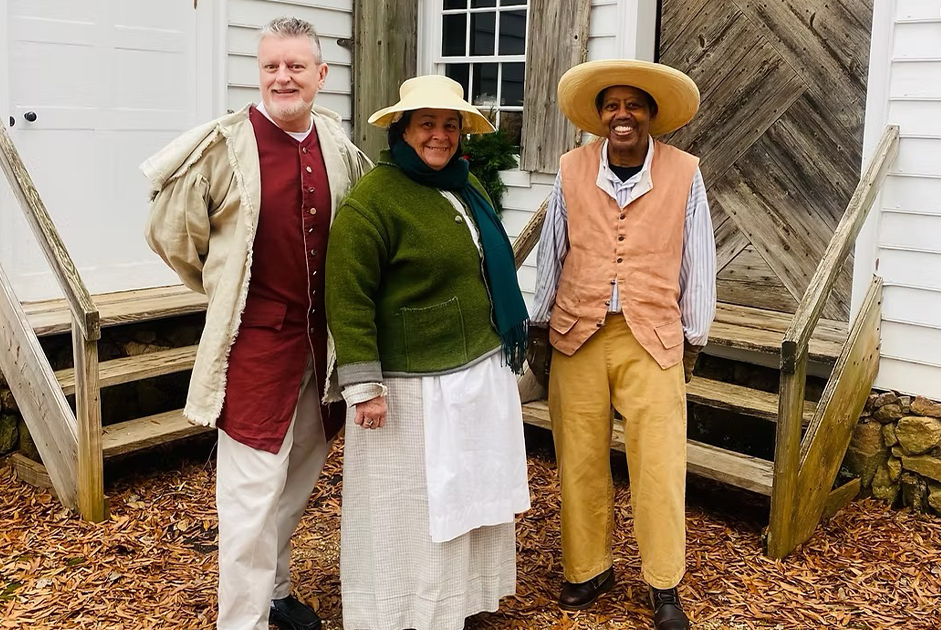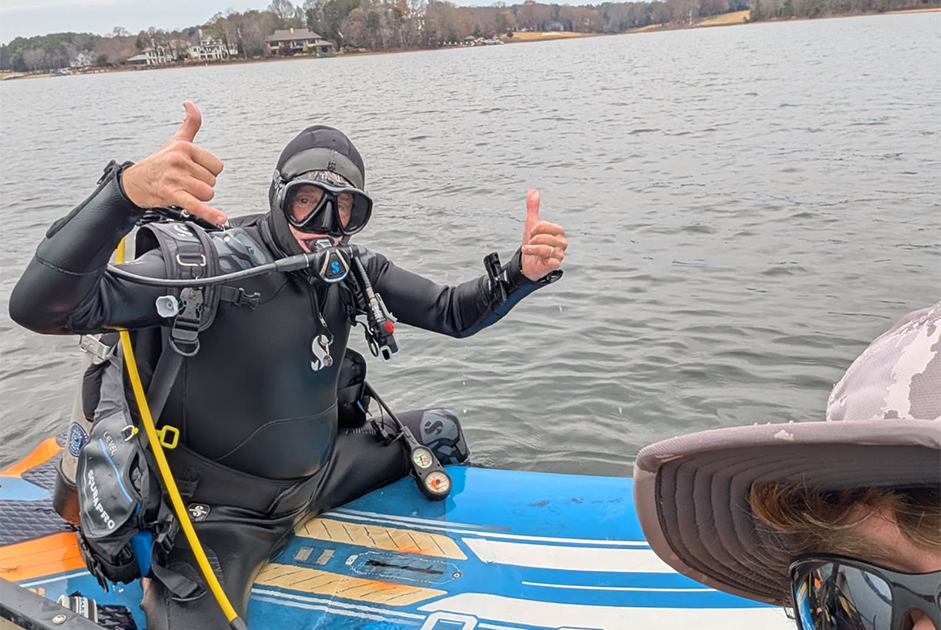While the month of May shines a spotlight on Mental Health Awareness, more and more families strive to overcome the challenges of addiction and mental health issues on a daily basis. Affecting every age, race, and social status, sharing stories of individual struggles is the strongest way to chip away at the ongoing stigma faced by so many.
Growing up in the Lake Norman area, Tina and Mike Carusillo’s son, Nick, was as generous, outgoing, and personable as they come — and always waiting with a big hug. Then, as addiction and the agonizing effects of mental illness moved in around the tender age of 17, his life and expected future drastically changed.
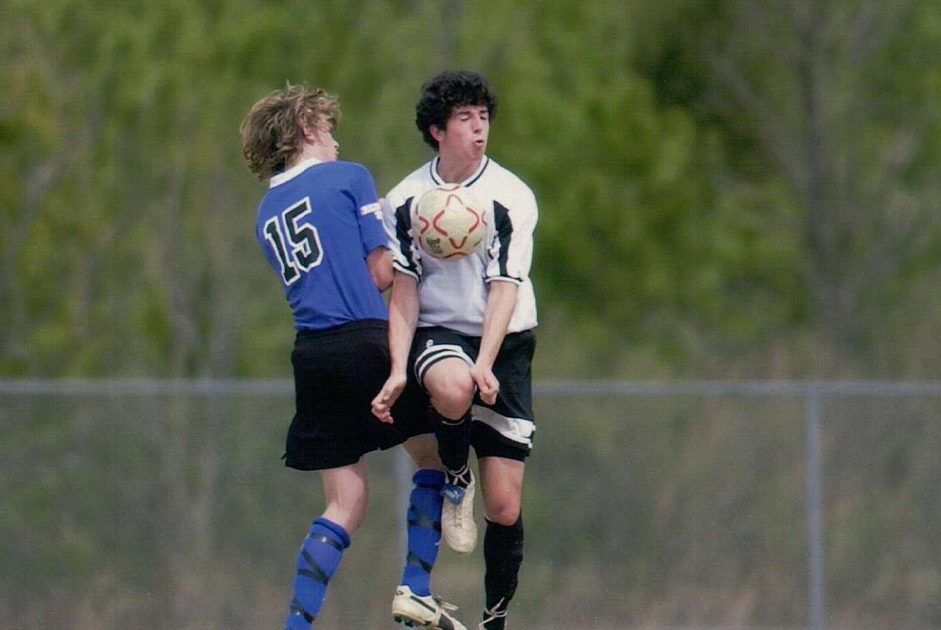
A tragic accident took Nick Carusillo at age 29 — far too soon — but with a legacy that continues to evolve and inspire others.
For a soul who lived to support the underdog, Nick found it frustrating not to be able to help himself. Now, Tina and Mike hope a glimpse into their personal experience might help other families on days the decisions fall hardest.
A true athlete — high school football kicker and soccer goalie — Nick lived a full life with his parents and sister, Jessica. Alcohol and drugs were his initial foes, and Nick first entered rehab between his junior and senior years of high school. Then came a bipolar diagnosis in his early 20s — a label that Nick fought hard to hide. With medication, counseling and support groups, things would go well for awhile and then something would happen, and Nick would spiral. He’d then reach out for help and a chance to start over. Nick always wanted to be “normal.”

All this created ongoing conflicts for his family, who fought their own battle to avoid enabling, while respecting Nick’s wish for privacy.
“Addiction can be lonely and isolating. The shame and stigma surrounding both made family life worse,” Tina shares. “We were frustrated we couldn’t ‘fix’ him — and struggled with the feeling we had failed him. But we were prepared to encourage, nourish, and tend to Nick forever, if need be, because we love him dearly and God gave him to us.”
Following Nick’s lead of avoiding the mental health label and accompanying stigma, Tina and Mike admit they didn’t share the extent of their son’s struggles with family or close friends. As a result, the family often suffered in silence.
“When you can’t talk honestly about your children, it can be isolating,” Tina adds. “And, when we were in crisis situations, it was difficult to find resources.”
After Nick died, Tina and Mike found the courage to open up about their son’s mental health issues while speaking at his funeral — a moment that was life-changing. The family was touched at how many people came up after the funeral to share how much they identified with the situation.
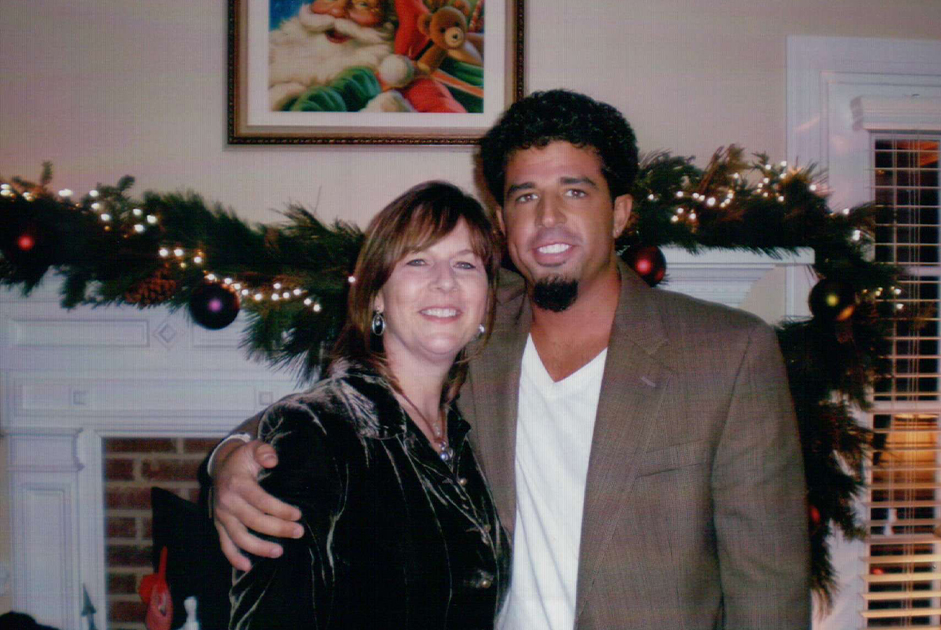
“Honoring what Nick wanted, we kept his diagnosis, struggles and treatment to ourselves, within our small family,” Tina adds. “In hindsight, we should have shared with those closest to us. It’s surprising how many people have dealt with mental illness or have a close family member or friend going through something similar. Sharing would have given us more support, possibly more resources and certainly more comfort. The people we’ve met have been tremendous — and the chance to help other families is a blessing.”
In honor of Mental Health Month, the Carusillo family shares wisdom they gathered at a time when they had few options — and advice they hope will help other families. While they share these words as loving parents, they urge you to consult a professional before making decisions for your own family:
- As a parent or loved one, trust your instincts. If something feels wrong, it probably is. If you think there is a problem, there probably is.
- If your loved one is over 18 they are protected by HIPPA laws. Your ability to help depends on them signing a release for their caregivers to talk to you, and for you to see their records. They can put parameters on what is shared, but it’s crucial they sign the release so you’re able to help them.
- It’s important to have a therapist as well as a psychiatrist. Psychiatrists are medical doctors with the ability to prescribe medication. This is usually based on input from a trusted therapist your loved one sees regularly for coping skills and counseling.
- Should you have to involve the police during an at-risk situation, ask for an officer trained in Crisis Intervention Training – CIT. This puts them in a better position to help your loved one through a crisis situation, having more education to do their job safely and effectively. Their knowledge of mental illness is less likely to be accompanied by stigma and unnecessary criminalization.
- You may find yourself considering involuntary commitment if your loved one won’t seek help on their own. This is a process that starts with the county magistrate’s office and takes a few days.
- If you find you have a need for a treatment facility, check them out thoroughly. Most are terrific organizations dedicated to helping people. But they are also businesses, so make sure they can expertly handle the diagnosis at hand. Find out if their area of expertise falls in your primary area of need.
- Take care of you. Having a loved one with a mental health issue is stressful and isolating. Find a friend, pastor, or therapist — someone who will listen to your feelings. Eat well, drink plenty of water and get some exercise. You can’t take care of others if you don’t take care of yourself.
RESOURCE INFORMATION:
* For mental health emergencies, call or text 988
* Mental Health of America of Central Carolinas, 704-365-3454, mhaofcc.org MHA provides free mental health programs in Mecklenburg and Cabarrus counties, to raise awareness, provide support, and end the stigma associated with mental illness.
* NAMI-Charlotte NAMI Charlotte: Mental Health Support, Education & Resources 704-705-7004
* Mobile Crisis Team CriSys | Recovery is possible, 704-566-3410 (crisysasg.org) (Mecklenburg)
* Atrium Behavioral Health (Psychiatric Emergency 24-Hour Help Line): 704-444-2400
* Novant Health Access: 704-384-9414
* Alcoholics Anonymous aa.org; Narcotics Anonymous na.org.
To hear more of Nick’s story, click HERE.
If you’d like to attend Mental Health America of Central Carolinas fundraiser on May 23 or donate to this worthy cause, visit mhaofcc.org.




